
Detailed process descriptions and robust documentation aid in compliance as well as training, says Siegfried Schmitt, principal consultant at PAREXEL.

Detailed process descriptions and robust documentation aid in compliance as well as training, says Siegfried Schmitt, principal consultant at PAREXEL.
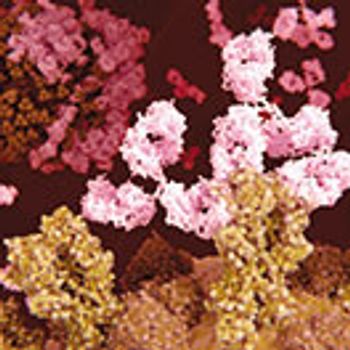
The development and optimization of an efficient conjugation process involves identifying the critical quality attributes and monitoring critical process parameters.
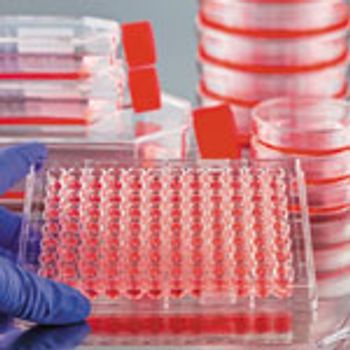
Trace elements in raw materials may impact the quality and safety of the finished biologic product, according to industry experts.
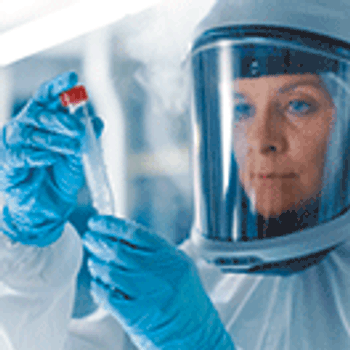
Viral vaccines and viral vectors used in biotherapeutic applications carry the risk of microbial contamination, which must be addressed.
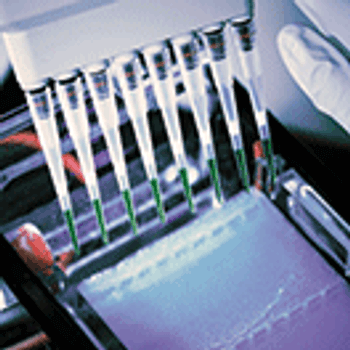
This study was successful in establishing a reliable and effective method for evaluating cleaning processes based on risk. Click here to view a PDF of this article.

The US Pharmacopeial Convention (USP) is developing a new chapter for rapid sterility testing of short-life products based on the recommendations of a panel of experts and stakeholders.

Protagen Protein Services, a CRO, now offers quicker and more accurate characterization of biomolecular stability using differential scanning calorimetry (DSC).

PDA Technical Report 80 (TR 80): Data Integrity in Laboratory Systems is the first in a series of three technical reports PDA will publish on data integrity.

The European Commission (EC) has approved Novartis’ chimeric antigen receptor T cell (CAR-T) cell therapy Kymriah for the treatment of B-cell acute lymphoblastic leukemia and relapsed or refractory diffuse large B-cell lymphoma after two or more lines of systemic therapy.

The Senate approved a $159-million budget increase for FDA, to bring its resources up to $5.4 billion for 2019, including more than $2 billion in user fees.

Dompé Farmaceutici’s Oxervate (cenegermin), a topical eye drop, is the first treatment approved by the agency for neurotrophic keratitis, a rare disease affecting the cornea.

FDA sent a warning letter to Kyowa Hakko Bio Co., Ltd. after inspectors found data integrity problems at the company’s Yamaguchi, Japan facility.

Guidances for regulatory changes, batch testing, and reporting address situations resulting from “no-deal” Brexit scenario.

As a contingency against border delays resulting from a “no-deal” Brexit, the Department of Health and Social Care (DHSC) directs pharma companies to stock extra medicines.

FDA approved the first generic version of EpiPen and EpiPen Jr (epinephrine) auto-injector.

FDA sent a warning letter to Apotex Research Private Limited after investigators found current good manufacturing practice violations.

FDA published a resource guide to promote responsible opioid prescribing in the treatment of animals.

The new drug, Onpattro (patisiran), by Alnylam Pharmaceuticals, is in a new class of drugs called small interfering ribonucleic acid (siRNA) treatment.

BioPharm International spoke with Sharon Ayd, founder & CEO of Ayd Biopharmaceutical Consulting Services, about what the future holds when it comes to ensuring quality in biopharmaceuticals.

The agency issued a warning letter to Canadian API manufacturer, Les Produits Chimiques B.G.R, citing cGMP violations at its API facility in Pointe-Claire, Quebec.
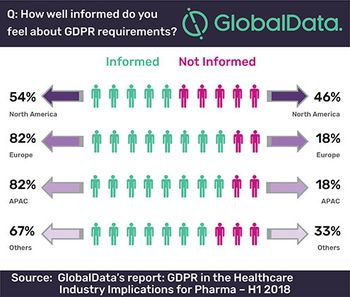
Only 54% of North Americans feel informed about the requirements of the general data protection regulation (GDPR), according to a report by GlobalData.

The European Medicines Agency (EMA) will temporarily scale back activities as it copes with “significant staff loss” and prepares for the next phase in its continuity plan.

The European Commission (EC) approved Pfizer’s Trazimera (trastuzumab), a biosimilar to Roche’s Herceptin, to treat certain breast and gastric cancers.
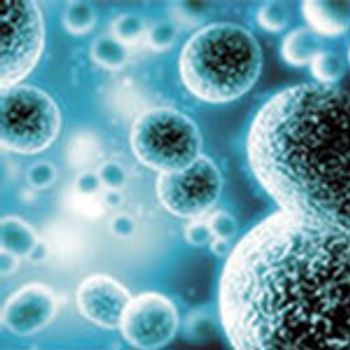
Biopharma seeks alternatives that meet the needs for next-gen biologic drug production.

Frustrated by slow market adoption, Gottlieb maps out new plan for biosimilar competition.